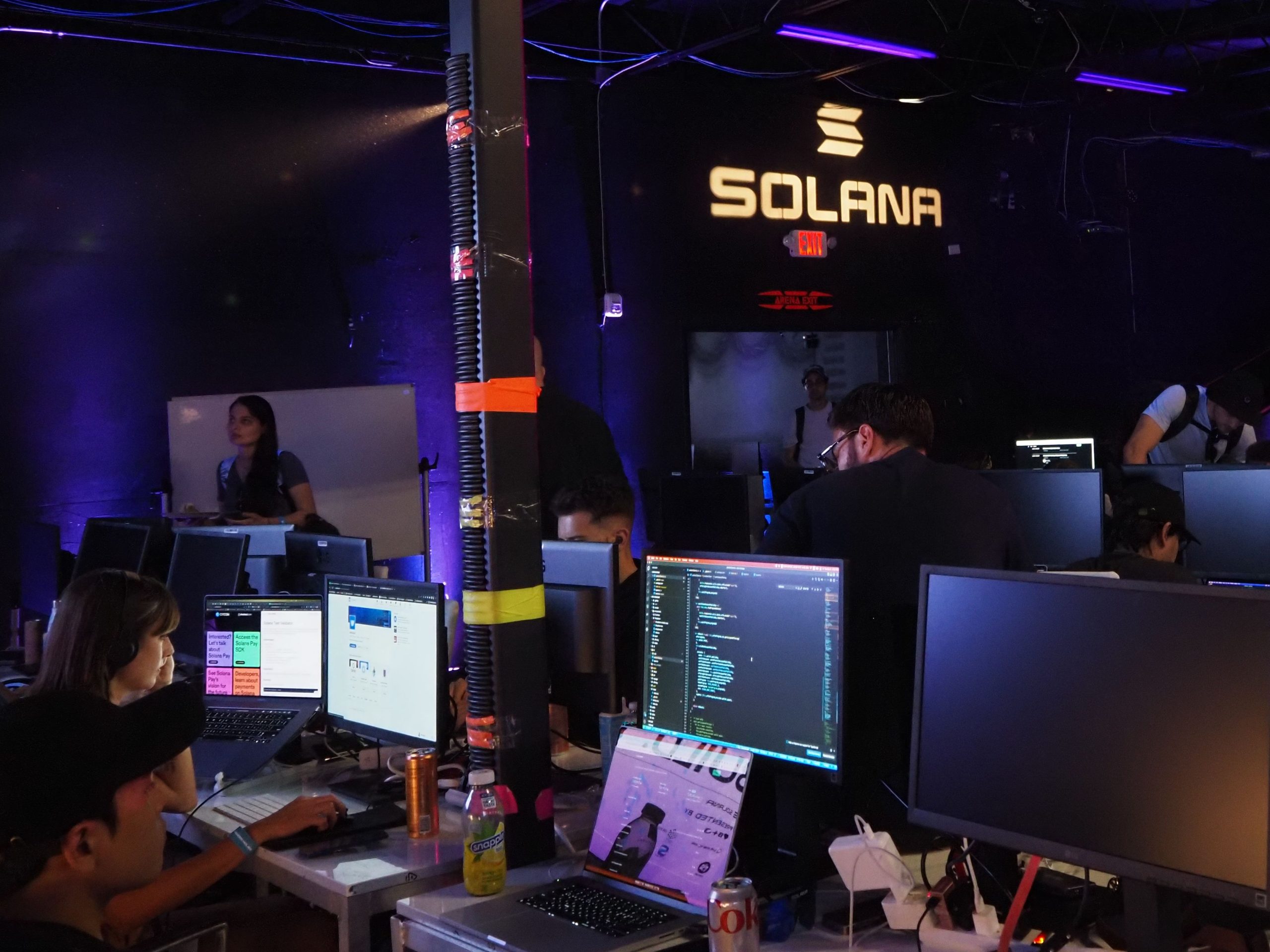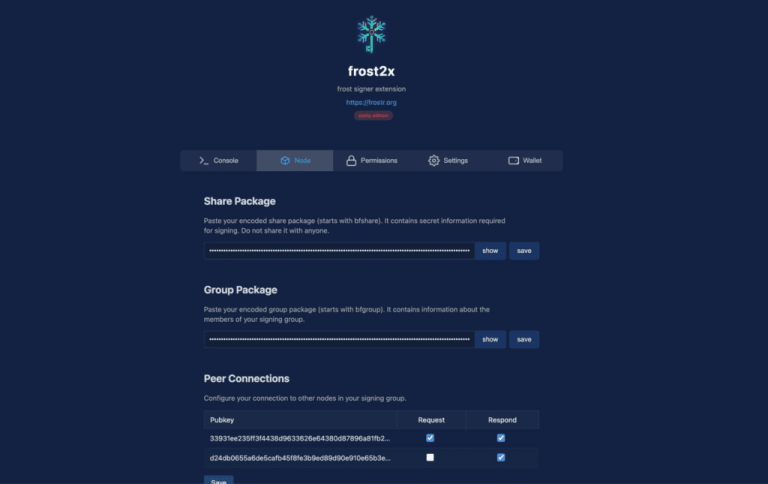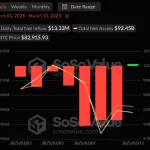Solana’s high staking rewards will continue to support SOL’s value.
An attempt to change the blockchain network’s inflation regime failed on Thursday when supporters of SIMD-0228 couldn’t gather enough support to implement the proposed economic change.
This unexpected outcome was a setback for Solana’s leaders who wanted to replace the network’s static inflation mechanics with a market-based system that would have reduced the annual staking rewards from 4.7% to 1% or less.
In a battle between influential leaders and investors who believed the high staking rewards were detrimental to SOL’s price, and small-time operators who feared a significant cut to their revenue, the opposition emerged victorious as late votes heavily favored “no.”
This defeat marked the first major attempt to lower Solana’s high staking emissions rate, making it one of the most valuable programmable blockchains by market cap that issues large amounts of new tokens to validators.
Similar to a political election night, the week-long political drama surrounding SIMD-0228 involved betting, debates, social media discussions, and intense name-calling. The opposition ultimately won due to a surge of ballots from Solana’s validators, revealing a divide between large and small validators.
Despite the efforts, SIMD-0228 failed to pass, becoming the first economic reform to be rejected by the network.
Small Validators
Solana validators are only required to vote when major economic changes are proposed, according to Jonny, the operator of the Solana Compass validator.
SIMD-0228 was the third such vote recorded by StakingFacilities.com and sparked the highest turnout vote in the network’s history.
Over 66% of validators participated in the vote, holding 75% of the network’s voting power, with a majority of smaller validators voting against the proposal, while larger validators supported it.
The results indicated that concerns raised by opponents of the proposal resonated with small validators.
Large Validators
Supporters of SIMD-0228 believed it would address Solana’s inflation issue, which they believed was affecting SOL’s price. They proposed a dynamic system to adjust staking rewards based on market trends.
Opponents criticized the proposal as reckless and rushed, suggesting it was written to benefit specific interests. Some warned of potential disruptions to Solana’s DeFi ecosystem and institutional investor attraction to SOL’s yield.
Despite the setback, reformists like Max Resnick are determined to continue the fight and find a compromise with opponents.










